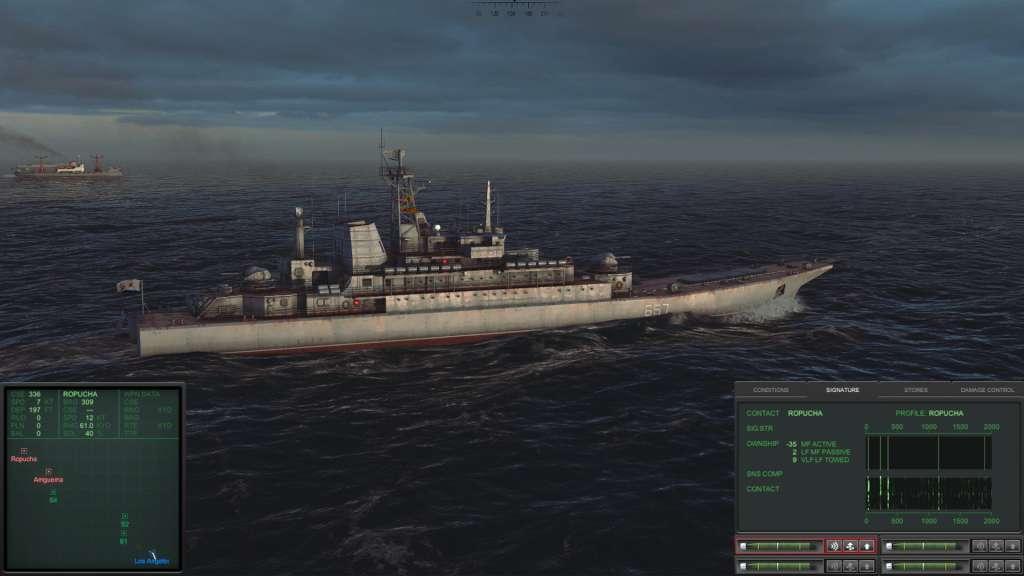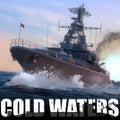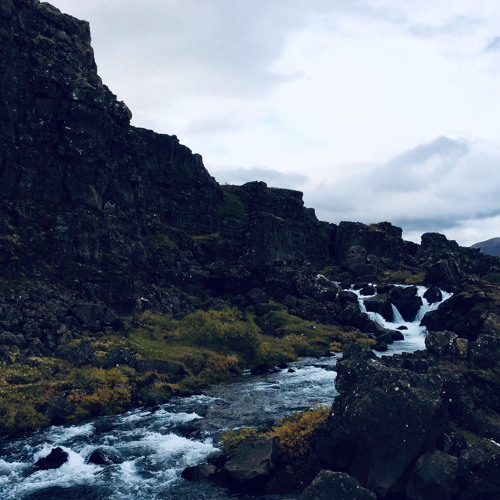

The first thing to do is to make sure you are using an adequate wetsuit, at least 5 mm in winter, including warm booties and gloves (or mittens). There are a few ways to manage the cold, but all solutions of course are temporary. Countering the cold with proper freediving gear Looking back on it I don’t think I have ever eaten more in a single day apart from maybe the day after one of my 20 hour orienteering races. It took hours to warm up and I spent the rest of the day having dinner sized meals in between naps. We were ice cubes when we got out of the water, and drove back to Vancouver with the heater in the car on full blast. My dive buddy was rocking the cold with a 3 mm suit and an extra 3 mm vest and I was in my old surf suit with 9 mm of neoprene on the core, 4.5 on the limbs). We were in the water for about 50 minutes.

One of my first dives was at Porteau Cove in early February, 2014 ( write up here). Because of the cold, BC divers are usually not in the water for more than 50 minutes in the winter, or two hours in the summer. BC properly qualifies as cold-water freediving.

In other places in BC, there is no warm surface layer. Below that surface layer, which only exists in summer, it is a balmy 5 – 8 degrees Celsius (that’s about 40 degrees Fahrenheit). Unfortunately it is only the top five to ten meters of water that are this warm. The waters around Vancouver can be as warm as 20+ degrees Celsius.


 0 kommentar(er)
0 kommentar(er)
